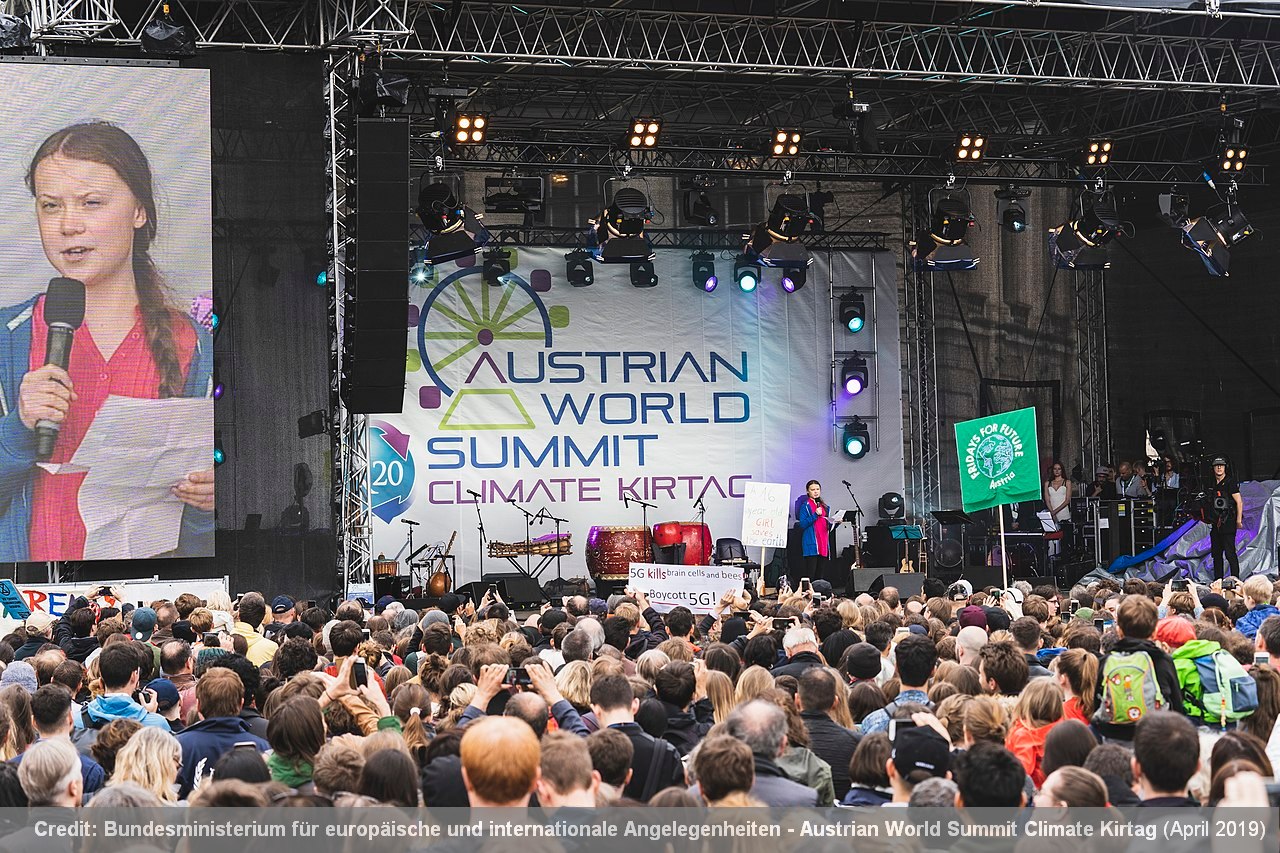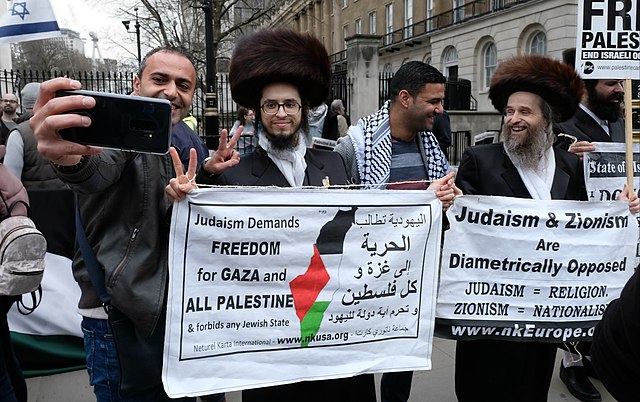Do you ever wonder if the hope for “peace on earth, good will towards all” will ever be fulfilled?
Me too. There are good reasons to be discouraged, some of which are visualized in the video, below. But there are also signs of hope. For each crisis, there are committed people working towards peace, restoration and healing. That’s why it’s appropriate that during advent, the time leading up to Christmas, the peace candle burns beside the hope candle. Nor is peace possible without great love, the theme of the fourth advent candle.
I’ve been praying for peace, and about my role in establishing it, for 18 years. What I know so far is that we play important roles in fulfilling “Thy kingdom come, thy will be done, on earth, as it is in heaven.”
I’ve been praying for peace, and about my role in establishing it, for 18 years. What I know so far is that we play important roles in fulfilling “Thy kingdom come, thy will be done, on earth, as it is in heaven.
What peacebuilding does not mean is saying “Peace, peace,” when there is no peace. Acquiescing to injustice isn’t peace; it’s oppression. Nor does peace mean “agreeing to disagree” when doing so hurts others. We have to stand up for vulnerable people even when it’s unpopular to do so. Jesus treated children, women, outcasts and foreigners with scandalous equality. There were no second-class people with him. He even socialized with tax collectors, who were loathed for collaborating with the enemy, likening it to a doctor visiting patients. His radical acceptance of people and challenge to put love above rules were revolutionary. However, he didn’t shy away from confronting religious leaders who put rituals above love. In fact, he challenged them so deeply that it cost him his life.
Rome was afraid of resisters, and the religious leaders were afraid of losing their relative freedom under Rome. Jesus wasn’t a political threat to either – he was a threat to their very worldview. Jesus taught us to love God with all of our heart, which he equated to loving our neighbours as ourselves. Here’s where Jesus got really radical – he defined “neighbours” not as our local community, or our nationality, but even our enemies.
To love our neighbours (and enemies) as ourselves today would mean no more racial oppression. No more economic oppression. No more dependance upon armaments to defend us or impose our will because we could not, with this worldview, ever use them. Therefore, it means no more war. It’s as radical a worldview today as it was two thousand years ago.
To love our neighbours (and enemies) as ourselves today would mean no more racial oppression. No more economic oppression. No more dependance upon armaments to defend us or impose our will because we could not, with this worldview, ever use them. Therefore, it means no more war. It’s as radical a worldview today as it was two thousand years ago, but did you know that after the “war to end all wars,” World War I, peace became the prevalent global worldview? Most countries even outlawed war in a multilateral treaty that is still in force today, the Kellogg-Briand Pact. Unfortunately, it didn’t define means of global conflict resolution or enforcement, so it has never been enforced.* But peace is the only worldview that can arrest escalating violence, wars and retaliation until there’s nothing left to fight for, especially with the possibility of nuclear annihilation. We need to find a way to embrace peace peacefully.
Embracing peace is essential, but it’s a process. I like the term “wage peace” because it’s intense; we need to devote ourselves to peace as passionately as some invest in war. For problems that are way bigger than ourselves, we need to collaborate with others and persevere for the long haul. None of us can do it all, but we can all do something. But don’t let the weight of the world extinguish your flame of joy, the third advent candle. Joy is God’s will for us, too, especially at Christmas.
I’ve travelled to many countries seeking deeper understanding about peace. I have met former abducted child soldiers and street children; they really struggle. I’ve heard victims of sexual violence singing songs they wrote to express their pain while calling for social change. I’ve met Mexicans who drove 12 hours out of their way to avoid gangs and vigilantes on dangerous roads. I have also met Nobel Peace Prize laureates, brave peace activists, but mostly ordinary people doing extraordinary things. My friend from the Democratic Republic of the Congo, Alvain, supports street children with his modest income while raising five younger siblings. Now that he’s committed himself to peacefulness he intervenes in skirmishes on the street. Once he paid the motorcycle taxi fare for a would-be rip-off artist, encouraging him to be honest while diffusing a fight. In Uganda I met a modest man whose love was as profound as the needs he saw around him. Taking it upon himself to buy and administer a first-aid kit, he has treated a bullet wound with only love and Band-Aids. The bullet was fired by a police officer offended by the crime of loitering by a homeless man. Other peacebuilders are fighting for the global systemic change we need for governments to provide for the poor, not defend the rich.
Ordinary people do extraordinary things, responding to needs that vastly exceed their means by offering the little they can. It is appreciated; it is beautiful. It transforms slums into communities and street children into families.
These ordinary people are doing extraordinary things. The common thread is that they respond to needs that vastly exceed their means by offering the little they can. It is appreciated; it is beautiful. It transforms slums into communities and street children into families. They inspire me that with my finances, time and political freedom, I can do more; I should do more. All of us who are able should donate money, offer training or add political pressure from our side to fight what they endure on their side. If you want to make a difference and are wondering where to start, I’ve collated a list of peace ideas and organizations that I trust as inspiration for where you may be called to invest more in peace:
As we strive to establish the reign of equality, justice and love “on earth, as it is in heaven,” let’s light a candle to illuminate the path to peace brightly – and our individual parts in it. God bless you as you wage peace in ever-widening circles and ever-deepening ways.
______________
* The history of the law, and deficits that make it ineffective, are explained in David Swanson’s fascinating book, When the World Outlawed War.
Photos:
- A man holds a sign, "No Justice No Peace; Know Justice Know Peace" at the 50th anniversary of Martin Luther King Jr.'s assassination, Atlanta 2018 (Credit: Carole St. Laurent)
- Greta Thunburg seaking at the Austrian World Sommit on Climate Kurtag, Austria 2019 (Credit: Bundesministerium fur europaische und internationale Angelegenheiten)
- Jewish members of Naturei Karta support a Palestinian protest, London 2018 (Credit: Alisdare Hickson)
- A man holds vigil at the site of the Toronto van attack, Toronto 2018 (Credit: Carole St. Laurent)
- Log in to post comments


